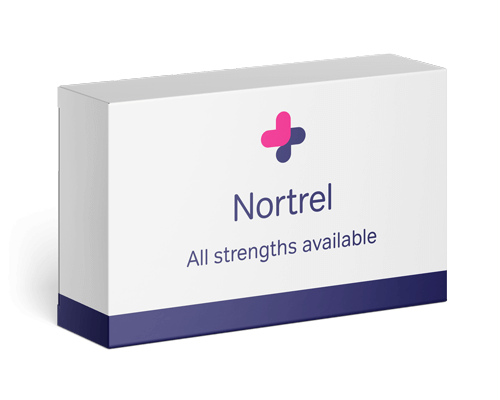Alternatives to Nortrel
There are many types of hormonal contraceptives available, and it is not uncommon for women to try a few different ones before finding the right fit for them. Different brands contain different types of synthetic hormones, and you may find that you are more sensitive to some than others. Women who are particularly sensitive to estrogen will be better suited to a low-estrogen combined oral contraceptive, which contains a lower dose of estrogen and therefore is associated with less estrogen-related side effects. Alternatively, your doctor may recommend the progestogen-only pill, also known as the mini-pill, which contains progestogen only and is taken continuously without a gap for a monthly bleed.
If you struggle to remember to take your pill each day, you can try a form of hormonal contraceptive that is not taken orally. These include the implants (Implanon, Nexplanon), injections (Depo-Provera), and intrauterine devices (IUD, Mirena, ParaGard, Skyla, Liletta, Kyleena). The IUD, in particular, is suited to women with certain existing health conditions, such as diabetes or hypertension, as it works locally on the reproductive system. For advice on which type of contraceptive might be best for you, speak to your doctor or health worker.
Some women opt out of using hormonal contraceptives altogether and rely instead on barrier methods of contraception, including the cervical cap (FemCap), and male and female condoms. Remember, male condoms are the only form of contraception to offer protection against STIs when used correctly.

















Quick and discreet
I ordered Azithromycin tablets for chlamydia treatment, received it next day in a brown discreet pack, and cheaper than all other pharmacies, can't ask for more
Jordan McCann